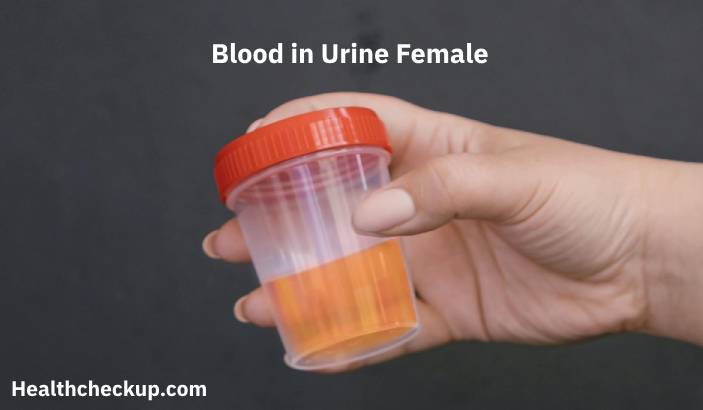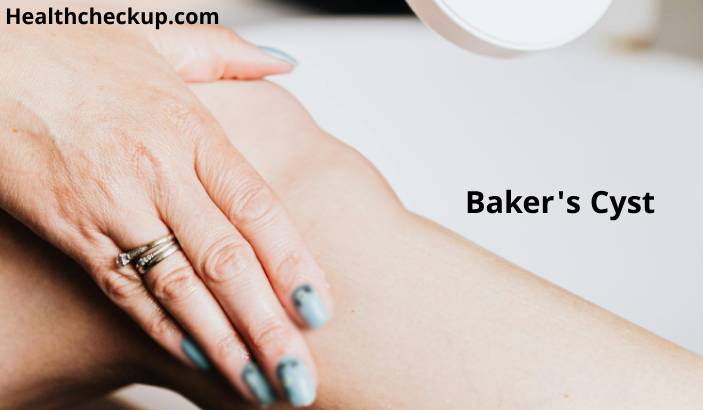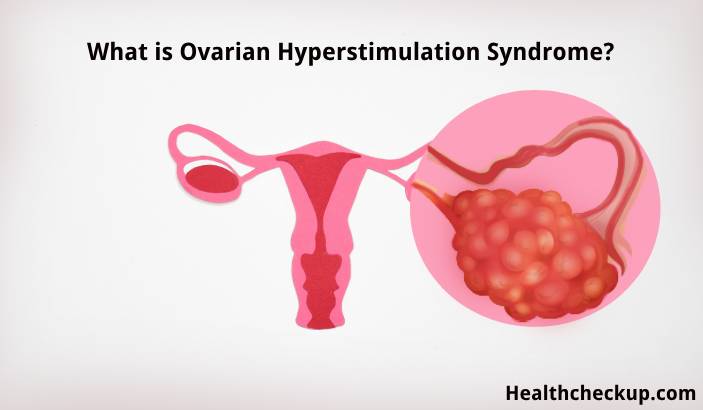Blood in the urine, or hematuria, can be alarming, especially for females experiencing it for the first time. Hematuria can be visible to the naked eye (gross hematuria) or only detectable through microscopic examination (microscopic hematuria). The article addresses common symptoms like abdominal pain, no pain, and cases where blood in urine might occur without a menstrual period.
Causes of Blood in Urine in Females
- Urinary Tract Infection (UTI): One of the most common causes, UTIs can lead to inflammation and irritation, resulting in blood in the urine. Accompanied by symptoms like painful urination and frequent urges to urinate.
- Kidney Stones: Hard mineral deposits in the kidneys can cause sharp abdominal pain and blood in the urine as they pass through the urinary tract.
- Menstruation: Sometimes, blood in urine can be linked to menstruation, especially when a period starts or is irregular.
- Bladder or Kidney Cancer: Although less common, these conditions can cause hematuria without associated pain. Early detection is critical for successful treatment.
- Medications and Supplements: Certain medications, like blood thinners or some antibiotics, can lead to hematuria.
- Endometriosis: A condition where tissue similar to the uterine lining grows outside the uterus, sometimes affecting the bladder, leading to hematuria.
- Polycystic Kidney Disease: A genetic disorder that can cause cysts to form in the kidneys, potentially leading to hematuria.
Diagnosis of Blood in Urine
- Medical History and Physical Exam: The initial step involves discussing medical history, medications, and a thorough physical examination to understand potential causes.
- Urinalysis: A lab test that examines urine for signs of blood, infection, protein, and other abnormalities.
- Imaging Tests: Techniques like ultrasound, CT scan, or MRI are used to visualize the urinary tract and identify any structural issues.
- Cystoscopy: A procedure where a thin tube with a camera is inserted into the bladder to examine for abnormalities or growths.
- Blood Tests: May be conducted to check for underlying kidney or systemic conditions that could be causing hematuria.
Treatment for Blood in Urine in Females
- Addressing the Underlying Cause: Treatment depends on the cause of hematuria. UTIs are typically treated with antibiotics, while kidney stones may require pain management or surgical intervention.
- Lifestyle Changes: For conditions like kidney stones, increasing water intake and adjusting diet can help prevent recurrence.
- Medication Adjustment: If medications are causing hematuria, a healthcare provider may recommend adjustments or alternatives.
- Surgical Intervention: In cases of tumors, large kidney stones, or significant structural abnormalities, surgery may be required.
- Monitoring and Follow-Up: For cases where hematuria resolves on its own, regular follow-up appointments might be recommended to ensure the condition does not recur.
Managing Symptoms and Associated Issues
- Abdominal Pain: If hematuria is accompanied by abdominal pain, this could indicate kidney stones or infection. Pain management and further diagnostic testing may be needed.
- No Pain: Hematuria without pain can be concerning, potentially pointing to more severe conditions like cancer. Early diagnosis and treatment are crucial.
- No Period: If hematuria occurs outside of menstrual periods, it’s essential to rule out other causes, as this could indicate an underlying health issue unrelated to menstruation.
Blood in urine in females can be caused by a wide range of conditions, from urinary tract infections to more severe issues like kidney or bladder cancer. A comprehensive diagnostic approach, including medical history, physical examination, urinalysis, imaging tests, and possibly cystoscopy, helps identify the underlying cause. Treatment is then tailored to address the specific condition, whether it’s through antibiotics, surgery, or lifestyle changes.









